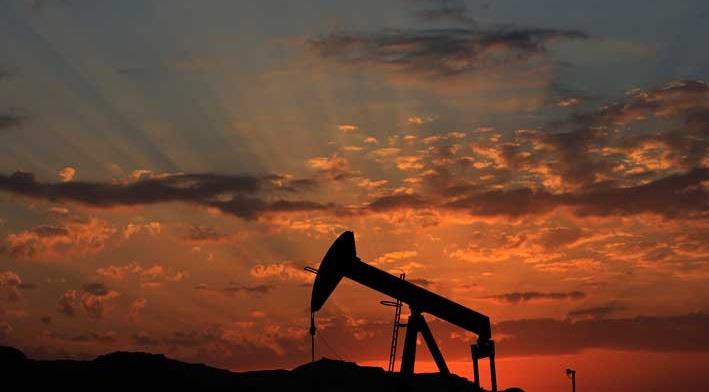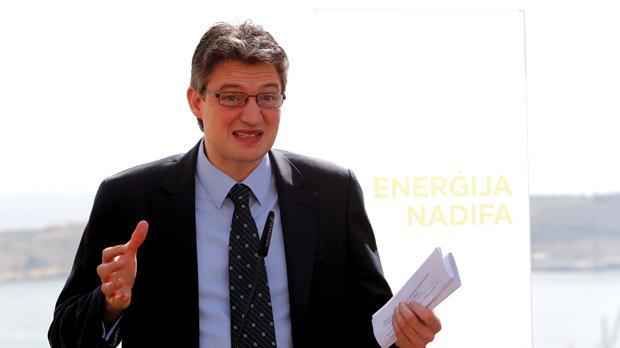Eyebrows have been raised as to why in 2017, when the international price of oil per barrel is currently at $52, unleaded petrol costs €1.31, when in 2011, while the price of oil per barrel was $95, the cost was also €1.31.
In a simple world, one would imagine that when the international price of oil per barrel was almost double what it is today, consumers would be benefitting from much cheaper unleaded petrol.
This raises questions as to whether the government is charging higher prices in order to generate more revenue, or whether prices have remained comparatively higher in order to pay off debts racked up by Enemalta – the state power station – under the previous administration. The truth is however, there are a vast number of factors at play that lead to the final price charged to consumers at petrol stations.
The retail price of petrol is made up of four main components – the cost of crude oil, costs and profits by refineries, distribution and marketing costs and profits, and lastly taxation. In addition to this, exchange rates, inflation, transport costs, oil producers trying to recoup losses from the downward trend in prices over the past two years and government wishing to pay off debts or make profits to reinvest in the state also have a role to play.

Currently, at €1.31 per litre of unleaded petrol, the price being charged by the Maltese government is the 13th highest in the EU. Today, the EU-28 member state average for is €1.37, meaning that Malta is below that average.
A mix of the above factors all contribute to the final price of petrol; however, in the absence of any breakdown of pricing, apart from a breakdown of taxation and VAT charged, this allows for speculation as to what is really going on.
There is no way of knowing with certainty what factors are contributing to the breakdown of the current prices, but it must be said that no effort on the side of the government has been made to break down such factors.

A hedging agreement made between de facto energy minister Konrad Mizzi and the Azerbaijani state-owned oil company SOCAR was heavily criticised for costing tax payers some €11 million, following the plunge in the international price of oil. While this can be put down to an error of judgment, as it is impossible to predict international oil prices with certainty, the sequence of events which followed resulted in the Opposition and other government critics make corruption allegations.
The discovery that Dr Mizzi, together with the Prime Minister’s chief of staff, Keith Schembri, hold potential wealth concealing structures in the financially secretive jurisdiction of Panama led some to believe that they engaged in corrupt practices. Concrete proof of such claims has failed to materialise.
In the meantime, a Chinese energy company called Shanghai Electrics bought a minority stake in Enemalta, providing the state power station with a much needed injection of cash.
Proof of any wrongdoing in this regard has not been brought to light, but considering the multitude of factors that contribute to the final price of fuel, and the complexity of the issue, the government should offer up a detailed explanation of how the prices are set – all in the name of transparency and accountability